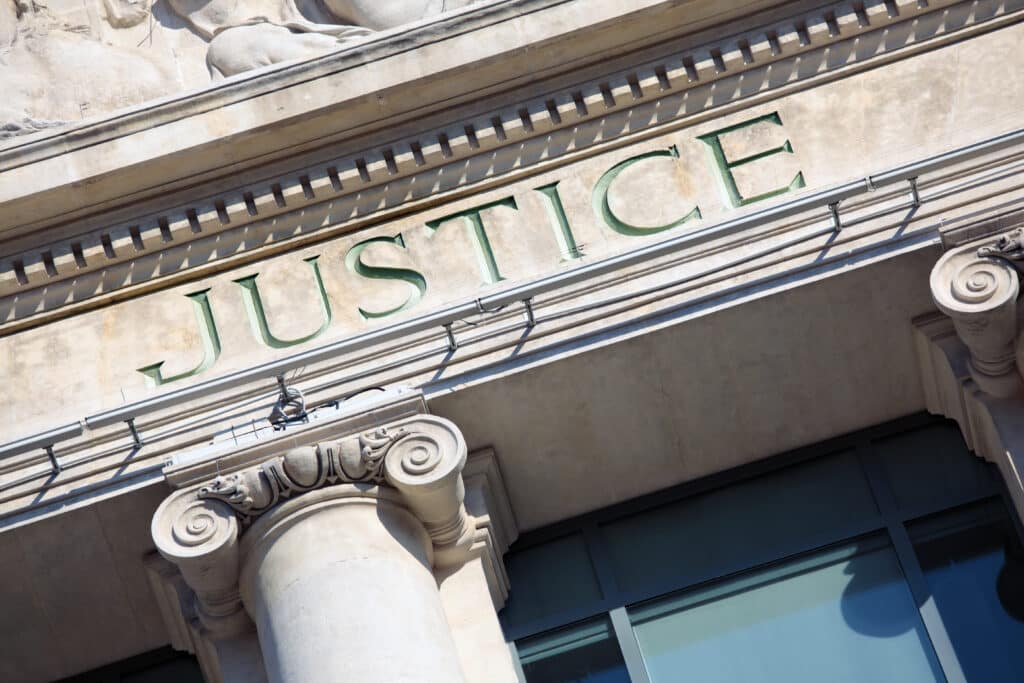El abogado litigante Gabriel Sepúlveda Sánchez aparece en Court TV con el abogado de defensa criminal y ex fiscal Eric Faddis para discutir el inicio de Arizona Arizona contra Michael Turney. Este caso sin resolver desde hace 20 años dio lugar a una detención por asesinato hace tres años y el juicio acaba de comenzar.
Alissa Turney desapareció en mayo de 2001 tras decirle a una amiga que su padrastro la recogería temprano del colegio. Nunca más se supo de ella. En 2020, su padrastro Michael Turney fue acusado de asesinato en segundo grado y detenido.
La acusación ya ha presentado su alegato inicial. En su análisis, tanto Gabriel como Eric se han dado cuenta de que el discurso de la acusación no ha dado en el clavo en varios puntos. Para tener éxito, los fiscales deben estar preparados para evocar la intriga y los intereses de los miembros del jurado, sobre todo teniendo en cuenta que el caso lleva más de 20 años sin resolverse.
Establecer las expectativas del jurado y despertar su interés
Para que una acusación tenga éxito no basta con presentar un caso sólido para que el jurado lo crea. Un fiscal eficaz también debe preparar al jurado para los puntos débiles del caso - porque la defensa está obligada a plantearlas. De ese modo, la acusación puede anticiparse a las posibles defensas y desarmarlas antes de que empiecen a introducir dudas.
Como menciona Gabriel, como fiscal, debes utilizar la narración y la entrega apasionada para atraer al jurado. Debes captar la atención de los jurados presentando una narrativa convincente que les permite visualizar y comprender claramente los hechos.
Perspectiva de la defensa: Pruebas insuficientes
Lo más difícil de un caso sin resolver es pruebas. Como hemos hablado antesLas pruebas son sensibles al tiempo: cuanto más frescas o recientes sean, más convincentes serán.
Esperar incluso un día o una semana después de un incidente podría afectar a la exactitud o disponibilidad de las pruebas. Los recuerdos se desvanecen, incluso para los testigos que presenciaron los hechos de primera mano. Las grabaciones digitales o de vídeo pueden borrarse o sobrescribirse. La escena del crimen puede cambiar por completo.
En este caso concreto, 20 años es un largo tiempo. La solidez de las pruebas contra Michael Turney será el mayor problema para la acusación. Si las declaraciones de apertura de la fiscalía son una indicación de lo que está por venir, el caso carecía de persuasión, pasión y confianza. Basándose en el tono del caso al comenzar, Gabriel predice que el veredicto será a favor de la defensa.
Para empeorar las cosas para la acusación, no todas las pruebas pueden mostrarse al jurado.
Limitaciones y cuestiones de oídas
Durante el juicio se produjo un incidente problemático. La acusación afirmó que tenía una grabación de vídeo en la que se pregunta a Michael Turney si alguna vez abusó de Alyssa. La respuesta de Turney en el clip fue "no" - sin embargo, la alegación en sí es lo suficientemente perjudicial. Se trata de información perjudicial que podría injustamente tendencioso el jurado contra Turney. También es rumores.
Además, la fiscalía no proporcionó este clip a la defensa antes de sacarlo a colación. Este tipo de sorpresas nunca van bien en un juicio - la defensa podría pedir un juicio nulo como resultado.
Todo eso aún está por ver. Leer más análisis sobre el caso aquí.

